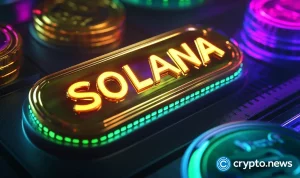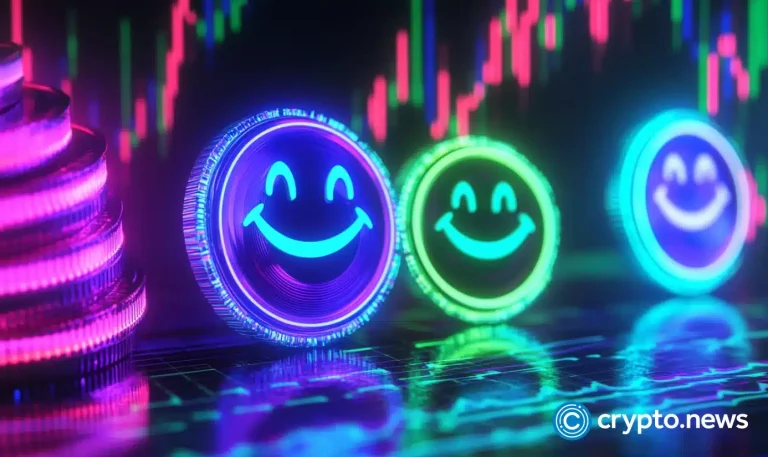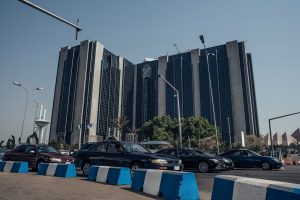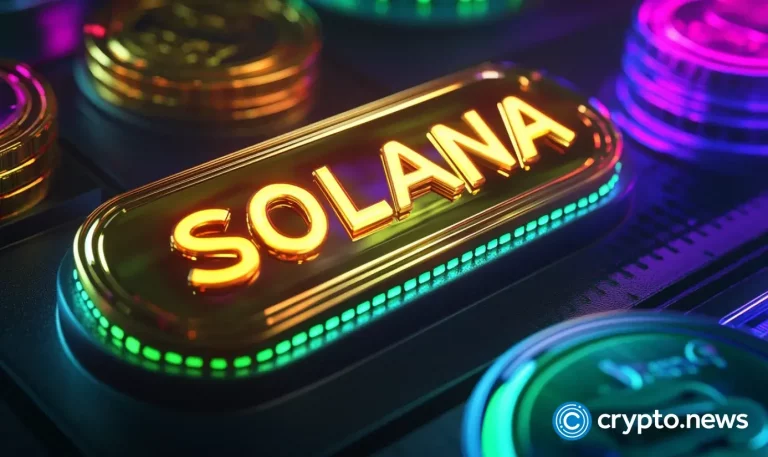
Argentina’s financial regulator allowed foreign crypto-related products from the United States to enter the local market, which will unlock the inflow from overseas.
The board directors of Argentina‘s securities regulator, Comisión Nacional de Valores (CNV), announced that the U.S. exchange-traded fund (ETF), including crypto-related ETFs, are now available in the country.
Under CEDEAR’s program, which is regulated by RG No. 1030, Bitcoin spot ETF and Ethereum spot ETF will be released and ready to trade. This product was prohibited under Law No. 27440 for 6 years.
“it is a pleasure to announce these first approvals, which constitute new investment options provided for in this very innovative law,”
stated CNV’s president Roberto E. Silva, on official statement
Although details on which Bitcoin ETF issuer would be allowed to enter the country are not provided, the commission is opening the door for digital asset investment through the capital market.
In the same document, CNV also announced that gold ETFs are allowed to enter the capital market with the GLD ticker, as well as the S&P 500 index. Chinese stock market indexes with FXI ticker were also introduced.
The regulators hope that these innovations of law could boost passive management indices, commodities, and digital assets, which are listed abroad and not publicly offered around the territory.
Argentina’s public Bitcoin mining
Argentina, one of the countries in Latin America that allow Bitcoin for transactions, publicly showcases Bitcoin mining, which is powered by the Central Bank of Argentina (BCRA).
This Bitcoin mining installation symbolises support from the government and embraces the future of digital money through cryptocurrency. This was the first central bank to showcase Bitcoin mining.
An aggressive move is part of Argentina’s President Javier Milei’s vision to fight against hyperinflation, which skyrocketed to almost 300% in April 2024, and to drive the digital economy in the country. Since then, according to Trading Economics, the inflation rate has gradually decreased to under 200% in less than a year.

























+ There are no comments
Add yours